Product Description
- Perfect application for: Oil Rigs, Gas Industry, Constructions, Automotive where struck surface is soft
- The comfortable, thick rubber grip handle provides better protection from shock and vibration
- Drop forged Brass Head is spark resistant; absorbs impact and reduces damage on surface being hit; can be used safely in combustible environments
- Head is pinned and epoxied to handle to prevent head coming off
- Hammer Head Weight – 2lbs
A brass hammer is a type of hammer that features a head made primarily or entirely of brass. It is a specialized tool designed for specific applications where non-sparking properties or softer striking surfaces are required.
Here are some key characteristics and applications of a brass hammer:
- Non-Sparking: One of the primary advantages of a brass hammer is its non-sparking nature. Brass is a non-ferrous metal, meaning it does not contain iron and is not magnetic. As a result, when a brass hammer strikes against another metal object, it does not create sparks, reducing the risk of igniting flammable materials or causing explosions in hazardous environments.
- Soft Striking Surface: Brass hammers are commonly used when you need to strike delicate materials or objects that can be easily damaged by harder steel hammers. Brass is softer than steel, which helps to minimize surface marring or deformation when striking surfaces like wood, soft metals, or fragile materials.
- Anti-Marring Properties: Brass hammers are less likely to leave marks or dents on the struck surfaces compared to steel hammers. This makes them suitable for applications where maintaining the appearance or integrity of the material is important, such as woodworking, jewelry making, or fine metalwork.
- Corrosion Resistance: Brass is known for its corrosion resistance properties. A brass hammer is less prone to rust and corrosion compared to steel hammers. This makes it suitable for use in outdoor or high-humidity environments, where exposure to moisture could cause other hammers to deteriorate over time.
- Specific Applications: Brass hammers find applications in various industries and tasks. They are commonly used in electrical work to strike objects near live electrical components, as the non-sparking property helps to mitigate the risk of electrical shocks or short circuits. They are also useful in antique restoration, clockmaking, and other precision work where gentler and non-sparking strikes are required.
When using a brass hammer, it is important to note that the softer nature of brass means it may not be suitable for heavy-duty tasks or driving hardened nails into hard materials. Always choose the appropriate hammer for the specific job at hand and consider the material’s hardness and the force required.
It’s worth mentioning that while brass hammers offer specific advantages, it’s important to follow safety guidelines and use the right tools for your specific work environment and requirements.




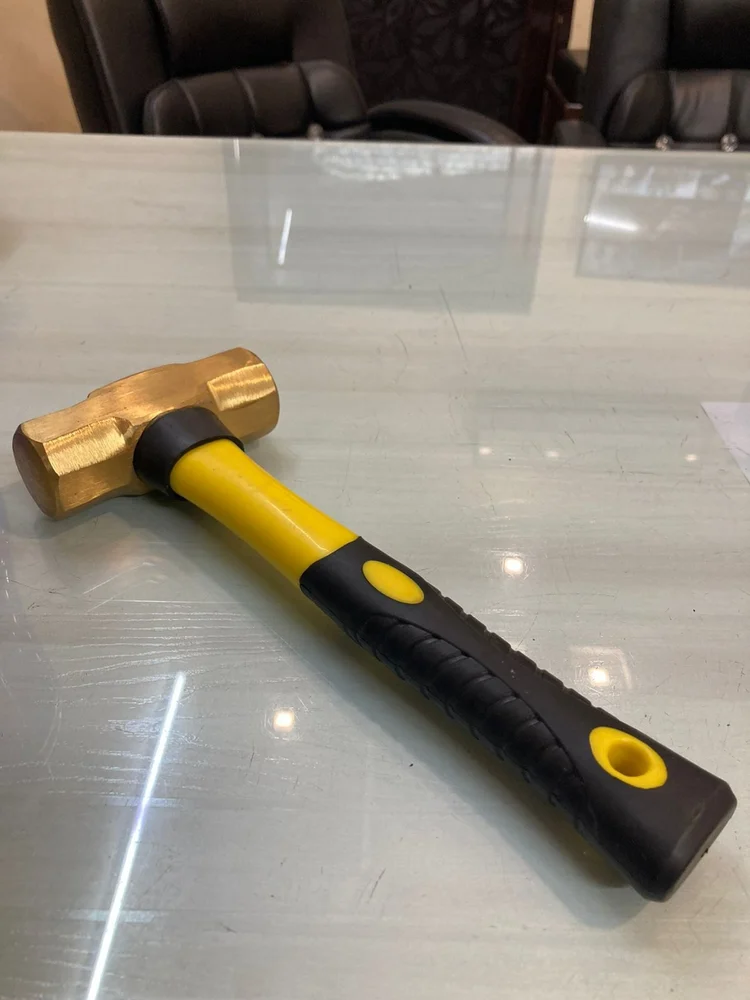




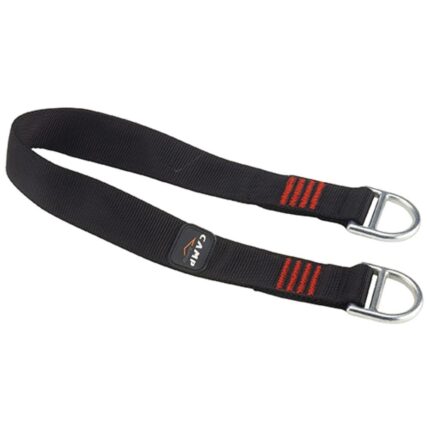

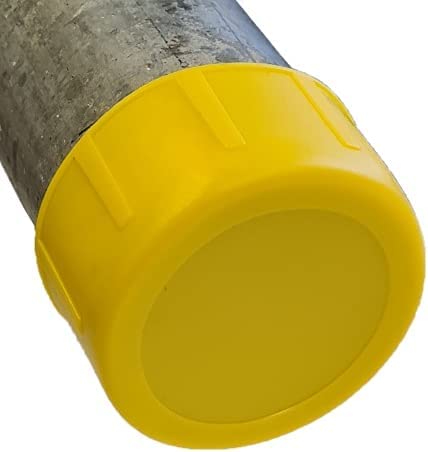
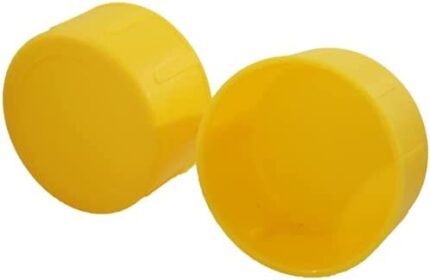
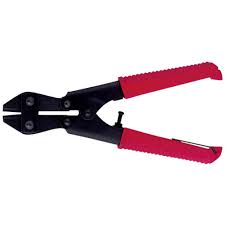
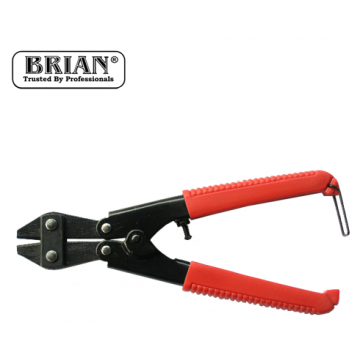

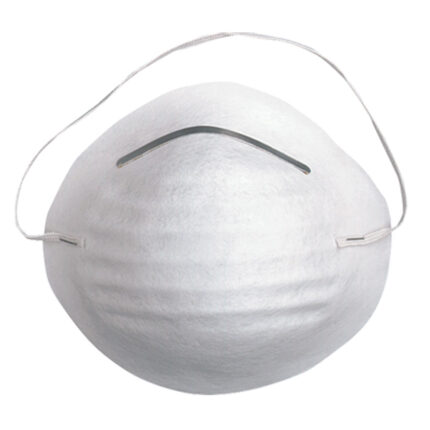
Reviews
There are no reviews yet.